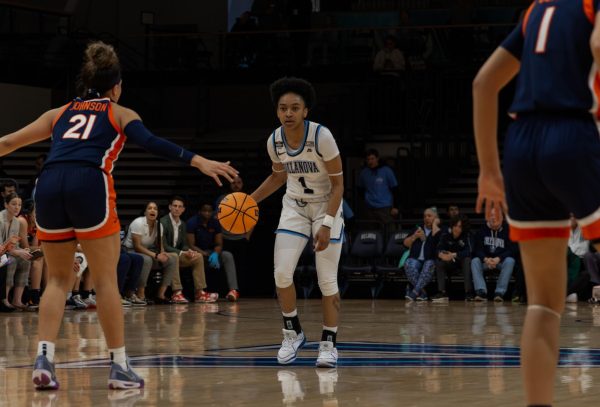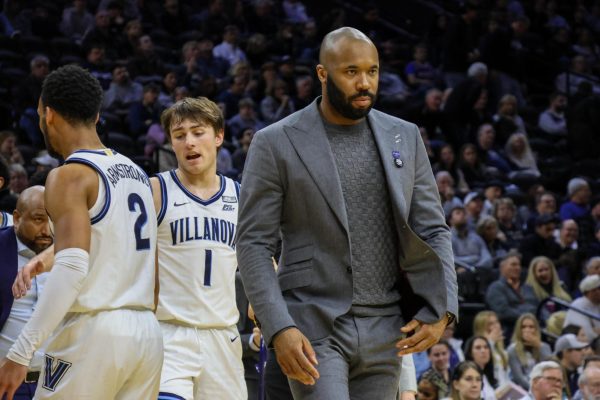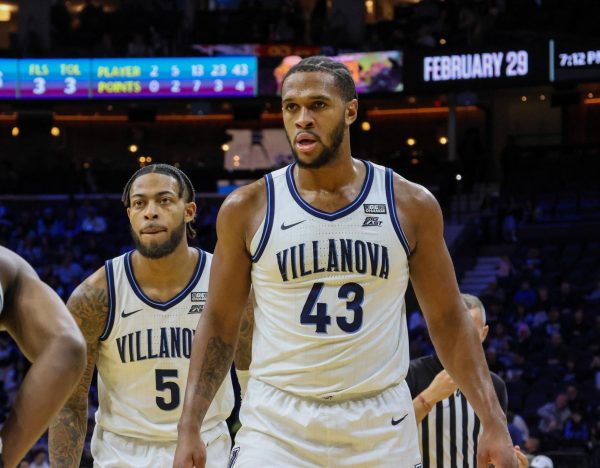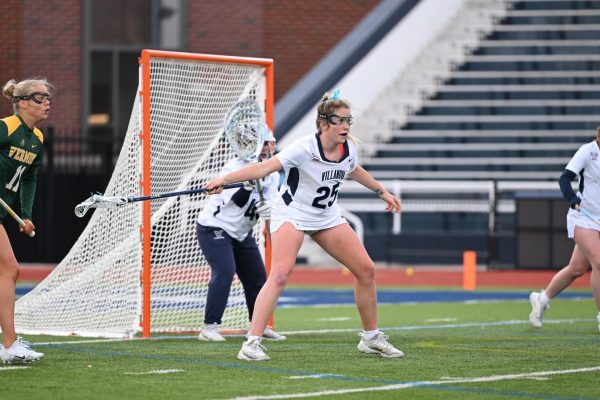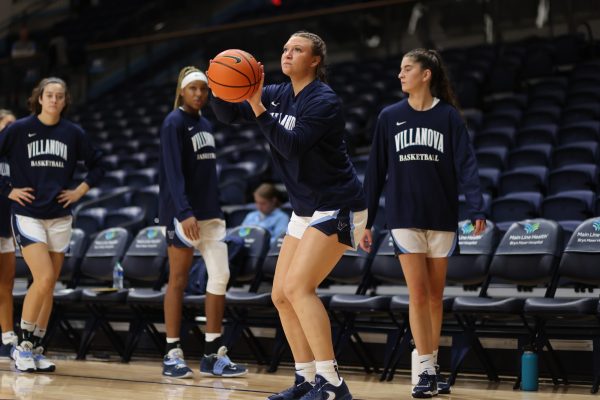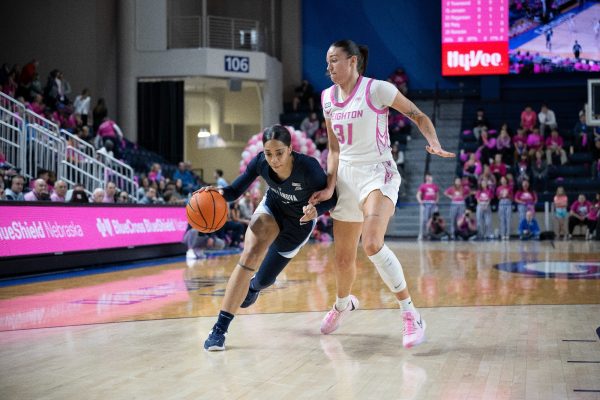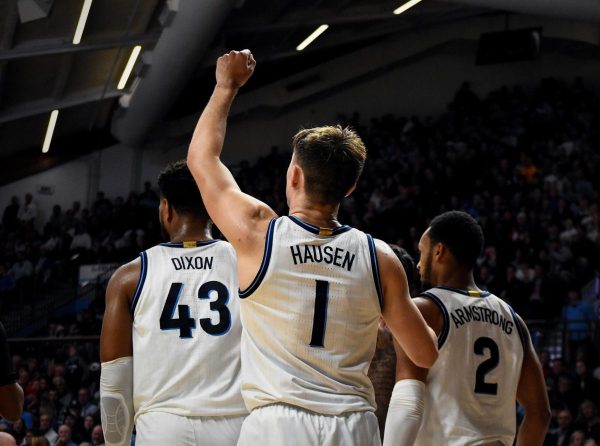Tiger’s return, Mickelson’s victory a win for golf
April 14, 2010
Not sure if you heard, but there was a golf tournament last weekend. Chances are that you did, considering it marked the return of one of the most famous athletes in the world to his livelihood, which he felt obligated to take a break from after his seemingly perfect life was exposed due to multiple scandalous affairs that rocked his career, his family and the sport of golf to their cores.
The 74th Masters took place at Augusta National Golf Club in Georgia last weekend, as it does each April, and Phil Mickelson won the coveted major for the third time in six years.
Woods’ return was supposed to be the headlining story, but it wasn’t. Mickelson’s victory became the feel-good story of the tournament. Both his wife, Amy Mickelson, and his mother are currently battling breast cancer, and his tearful embrace with his spouse after the champion walked off the 18th green was beautiful.
Mickelson also took a break from the sport last year for all the right reasons: He felt that at the time of his wife’s diagnosis, he needed to be with his family, rather than on the golf course. It seems ironic, therefore, that his spectacular win took the place of the story everyone tried to predict — the return of a man who was forced to leave golf for all the wrong reasons.
Ever since Woods’ scandal exploded onto the scene in late November, his public relations strategy has remained remarkably simple: to maintain every last ounce of privacy possible, even as public interest in his life rose to unprecedented levels. At first he did nothing but release a few short statements, which shed about as much light on what was going on as a penlight in a dungeon.
The tabloids seized the lack of information as an opportunity to create an endless stream of rumors, prompting Woods to finally speak out and denounce the media for violating his privacy — not exactly what his critics expected to hear, considering that the general consensus among them was that the proper course of action would be for him to make an appearance on Oprah’s talk show.
Woods eventually gave a short press conference, a few quick interviews and confirmed the fact that he was undergoing treatment for “sex addiction.”
In all of them, Woods maintained control over the situation. And in all of them, he managed to disclose about as much useful information as a mob boss undergoing interrogation.
Eventually, Woods’ response to all the questions became clear: He simply wasn’t going to answer them. His response to those who doubted his ability to come back from his hiatus and play competitive golf was equally clear, as he shot a 68 in the first round, his best opening round ever at the Masters.
Sure, there were a few mildly insulting shouts from fans, and a plane flew overhead as he teed off on the first day trailing a banner that mocked his commitment to Buddhism, reading “Tiger: Did you mean Bootyism?” but the vast majority of the fans gave him the warmest sort of welcome back and cheered as he played his way to a tie for fourth place in the final standings. He felt comfortable enough to openly display his frustrations when shots didn’t go his way on the course, an aspect of his game most said he would have to eliminate in order to win back the public’s approval.
He struggled at times in the final round, bogeying three of the first five holes and three-putting a would-be birdie into a bogey on a critical 14th hole. The crowd roared its approval when he rebounded with an eagle on 15, however, and it was clear many had still been hoping for that which the majority of golf fans hoped for every time Woods played a tournament in the past — that he would come roaring from behind on the final day and seize the victory.
As he walked off the 18th green, it was clear Woods had fallen short of the score necessary to challenge Mickelson, who was finishing up his excellent final round in the last group.
Woods was interviewed just after stepping off the course, and not a single question was asked about anything outside of golf.
“It was unsuccessful,” he said of the tournament. “I came here to win the event, and I finished fourth.”
Woods wasn’t happy just to have been back on the golf course — he wanted to win, and nothing else would be satisfactory. Mickelson’s sentimental victory took the place of Tiger’s scandal in the headlines, as it should have.
Despite all our demands for information about his life, Woods has maintained his privacy, and it now appears that we’re ready to let him off the hook.
He’s been the face of golf since he burst onto the scene in 1996, and the damage inflicted on his image the past year was so bad that he had to leave the game altogether. But now he’s back, and it seems golf is ready to readmit him. Tiger didn’t win in his return to the Masters, but he certainly didn’t lose, either.
———————-
Bobby Kittredge is a sophomore communication major from Northbridge, Mass. He can be reached at [email protected]


